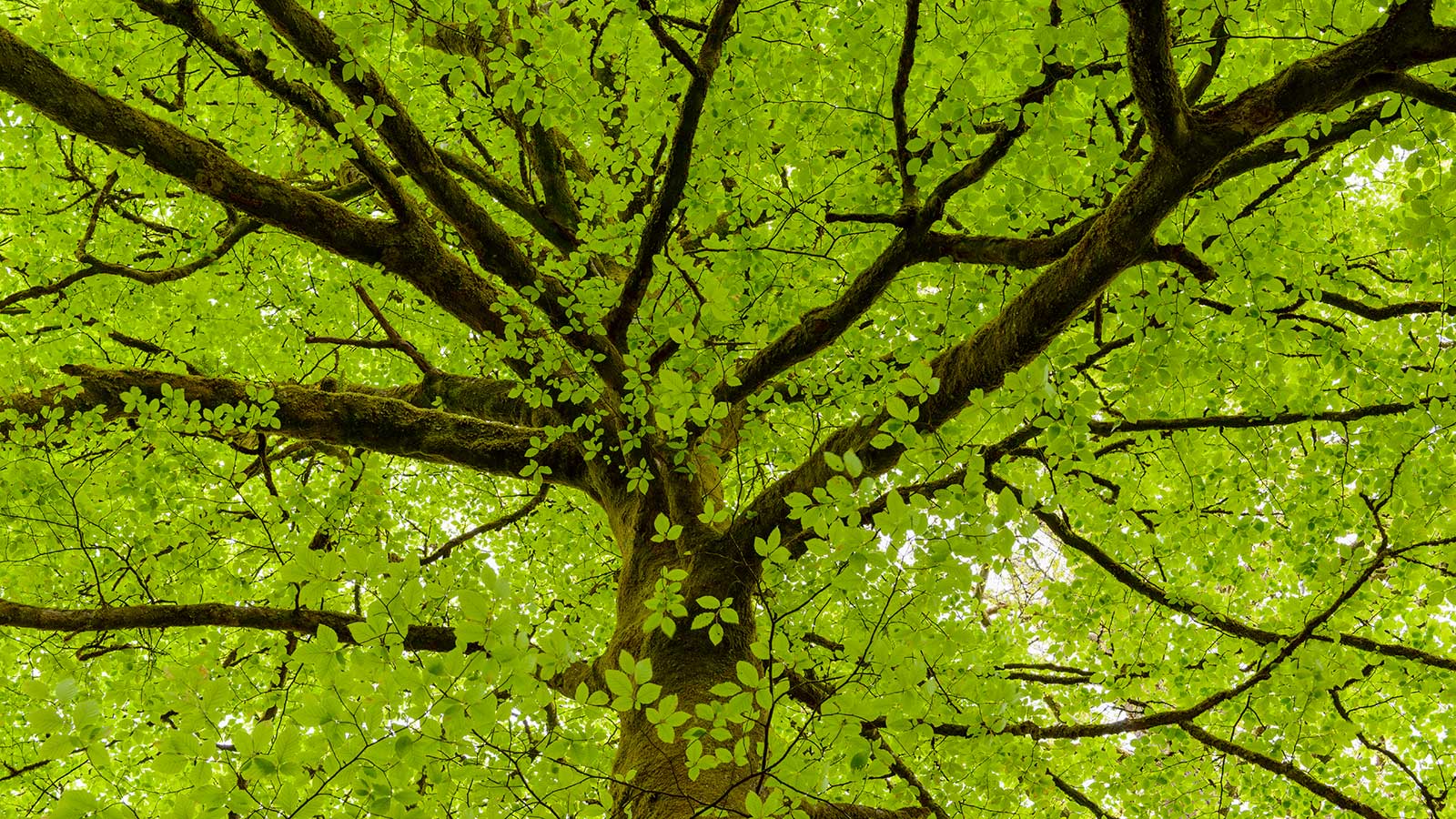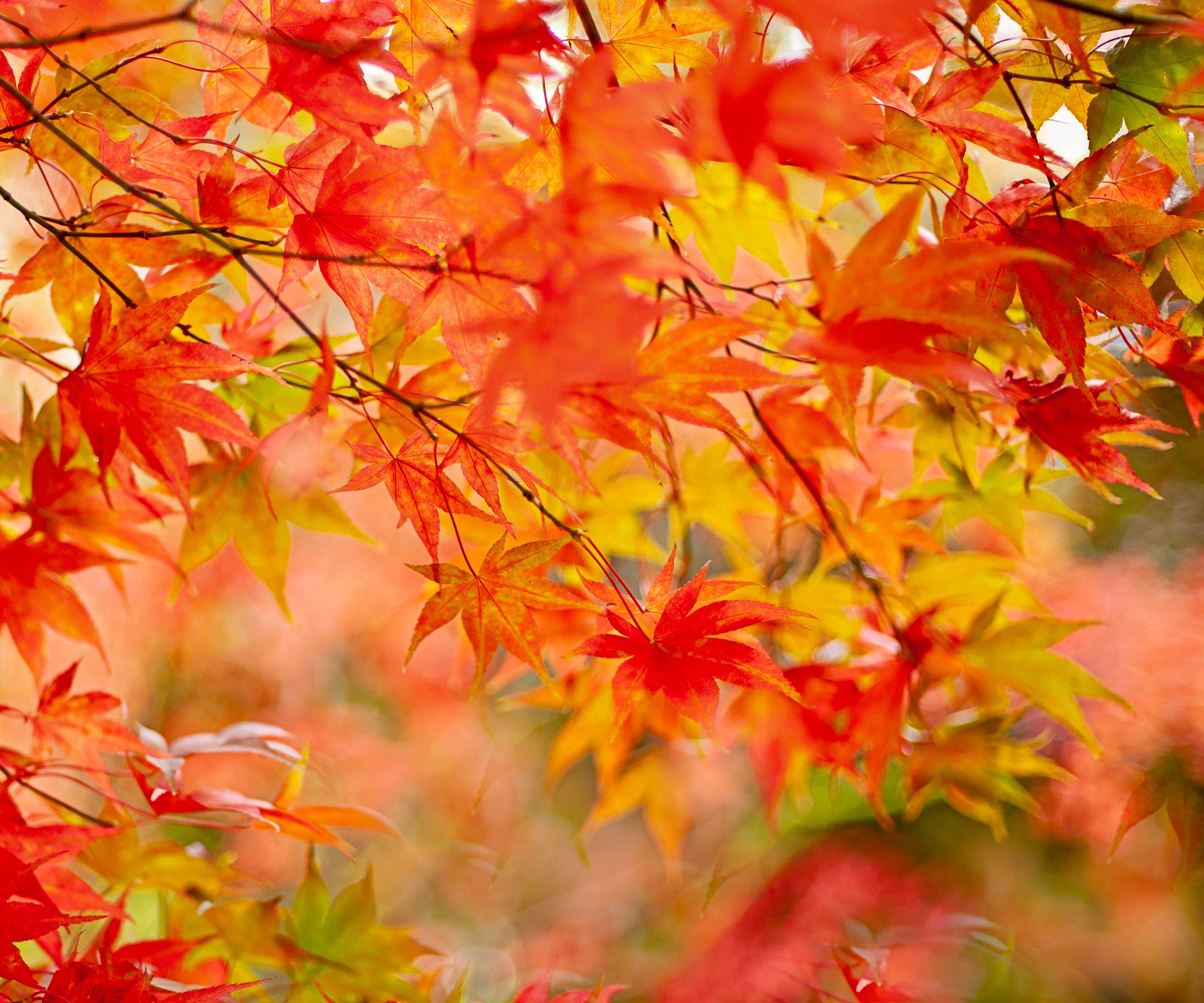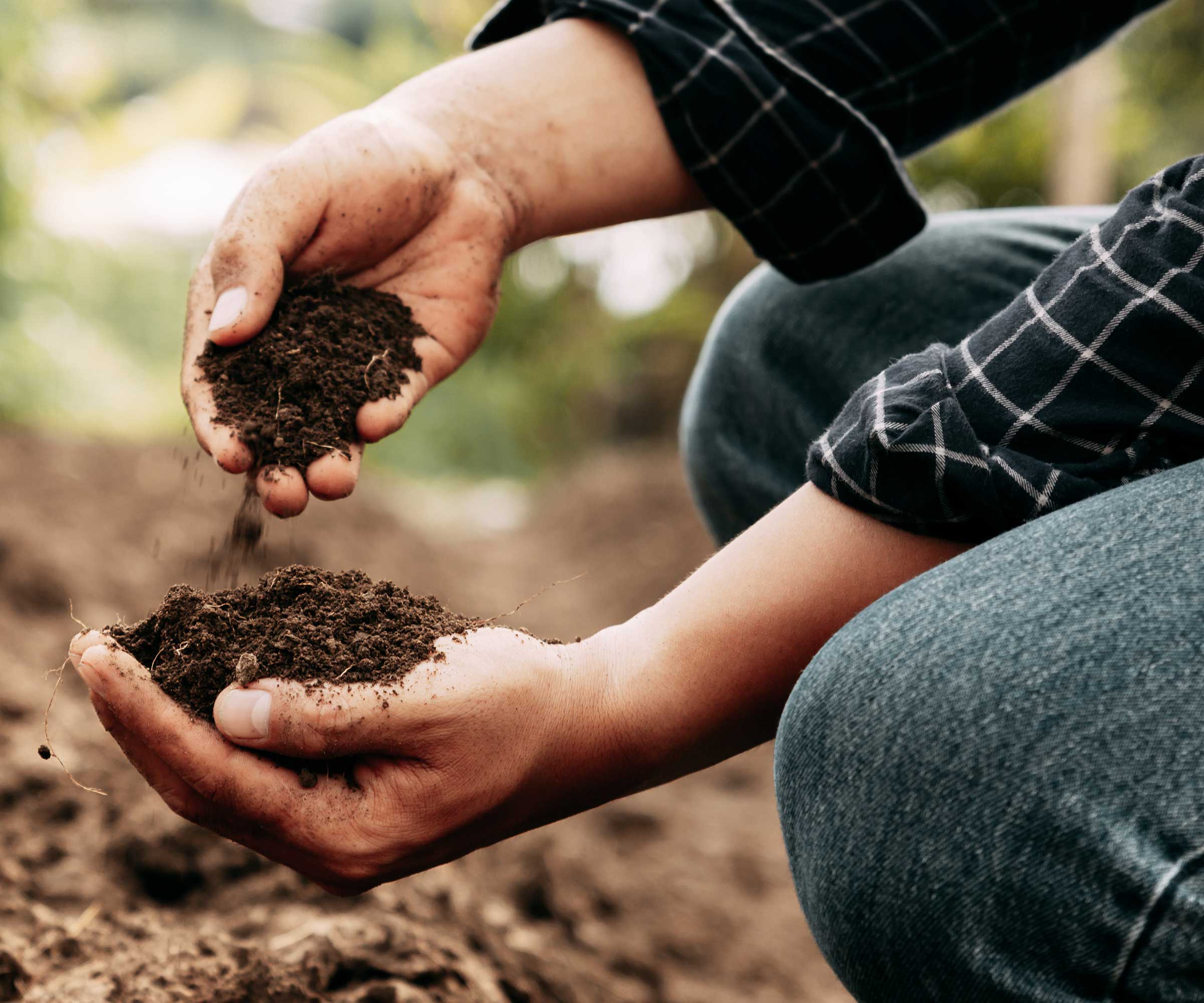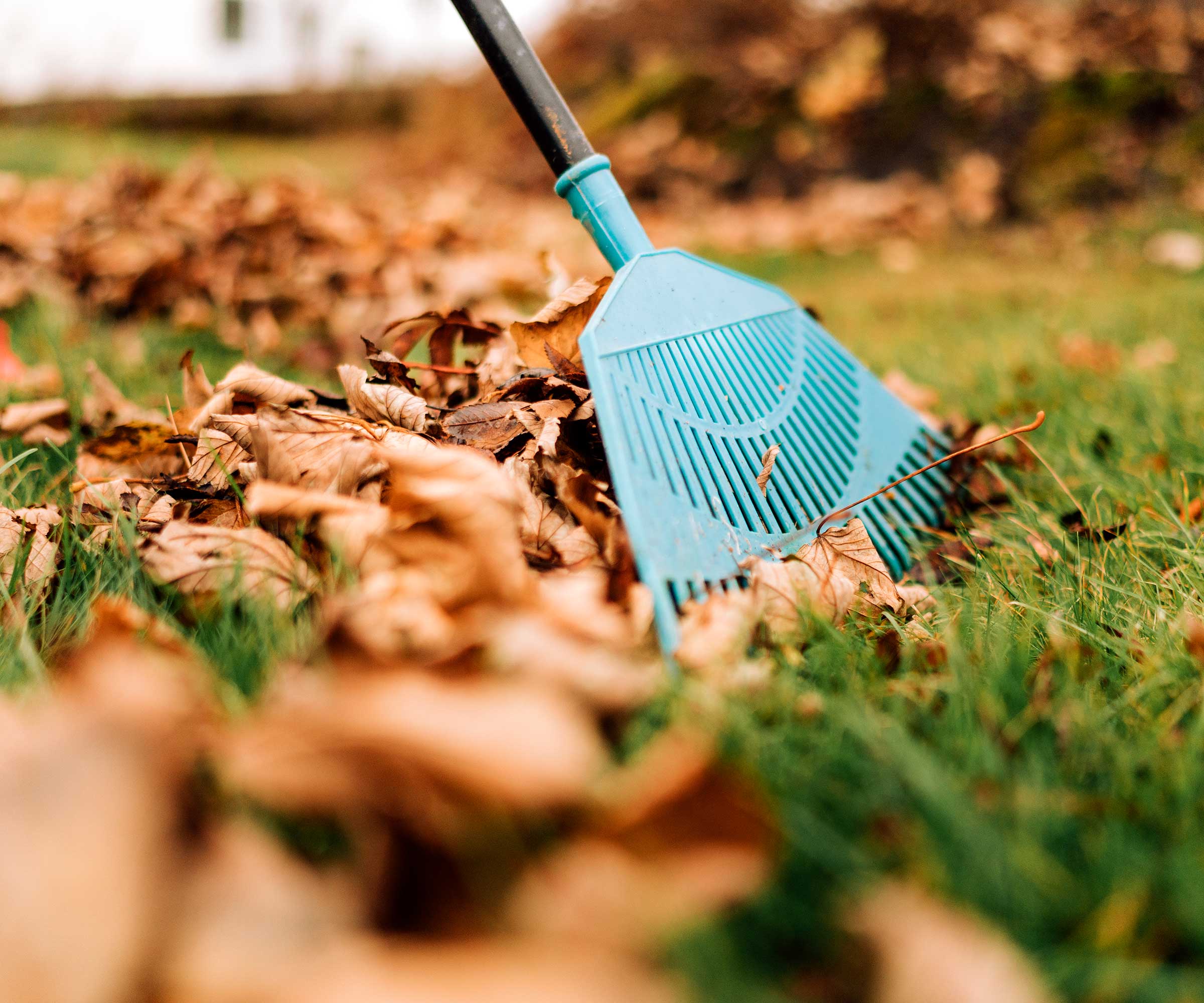
Just like other garden plants, our trees need nutrients to thrive. But while reaching for a box of synthetic fertilizer may seem like an obvious way to give them a boost, a more sustainable gardening approach is worth considering. There are several issues with using synthetic fertilizers on our backyard trees, including the negative effects it has on soil health.
Nancy Gaspari, an arboriculture and horticulture educator with Monster Tree Service, points out how synthetic fertilizer overloads have been implicated in raising soil salinity levels. This can burn plants, adversely affect soil biology, and degrade soil structure, which can contribute to soil compaction issues. The runoff of excess fertilizer nutrients into watersheds is another concern. 'Fertilizer runoff has degraded water quality in our streams, rivers, lakes, and estuaries, adversely affecting fish and wildlife habitats as well as polluting much of our recreational water,' she notes.
The good news is, there are other ways to help your trees flourish – and they’re generally budget-friendly, too. Below, professional tree-care experts explain.

How to fertilize trees naturally, according to the pros
A tree can be an asset to any yard, offering aesthetic appeal, benefits for wildlife, and cooling shade. Trees are also useful for creating privacy from neighbors. So, it’s well worth keeping them in top health.
Adding compost when planting

Andrew St. Clair, ISA-certified arborist and tree risk assessor with Joshua Tree Experts, recommends using locally sourced compost with a sufficient nitrogen component to amend the existing soil when planting your tree. This will bring in local beneficial fungi that will improve the soil, he says.
Leaf litter compost is low in available nitrogen, he continues, but adding products such as bone meal or horse manure will help increase the nitrogen levels to more desirable ranges. We like the look of Down to Earth’s organic bone meal fertilizer, available to shop from Amazon.
As well as during planting time, Andrew notes how adding locally-sourced compost and nitrogen additives can also be added to the soil yearly, before you mulch your trees (see below).
Using mulch on your trees

Mulching is great for garden borders and beneficial for trees, too. Using organic matter will slowly release nutrients into the soil, and it also helps to maintain moisture and keep weeds at bay.
If you need to find a use for fallen leaves in the fall, look no further. Lisa Tadewaldt, owner of Urban Forest Pro, says you can simply leave the material that falls out of the tree, so it can break down and make the nutrients available to be reabsorbed. However, she does note this method isn’t visually appealing for most people, so you can place the leaves in a two-to-four-inch layer around the trees instead, with a gap of about two inches around the tree for airflow. 'Some people will shred the material to speed up the fertilization process,' she adds.
'If you prefer a neater look, another method is to use a commercial mulch product, but it is important to know the source of the material the mulch is made from,' Lisa continues. 'For trees, I would rule out using any bagged mulch sold at big box stores. You will need to find a local provider who gets their material from a wood source, and not yard waste. If you use a mulch with a questionable origin you could end up introducing pests that hurt your trees instead of helping them grow strong.'
FAQs
How can you fertilize fruit trees naturally?
Susan Poizner, founder of Orchard People, doesn’t recommend leaving fallen leaves around fruit trees, especially if they’re diseased. She advises picking up any fallen fruit, too, particularly if it’s infested. 'This prevents pests and pathogens from overwintering and coming back stronger the next year.'
Instead, she says that for most home growers, fertilizing fruit trees annually in early spring with a layer of compost or well-rotted manure should be enough. 'Always compost manure before using it on fruit trees. Raw manure can burn the roots. If you have well-rotted manure that’s been sitting for a year, it’s perfect.'
She recommends spreading the layer about two inches thick around the roots, keeping it away from the trunk to prevent rot. You can also do this in the fall, but only after the tree has gone dormant. 'You don’t want to encourage growth as the tree is preparing for winter, as this can lead to damage from freezing.'
If you really want to pamper your fruit trees, Susan suggests making a homemade spray. Simply mix harvested rainwater with a small spoon of molasses. 'Stir it up, put it in a sprayer, and spray the leaves during the growing season, about once a week.'
Top tip: Aim to get rid of weeds around your fruit trees. 'Weeds compete for nutrients, and young fruit trees, in particular, don’t handle competition well,' notes Susan.
When might you use synthetic fertilizers on trees?
A synthetic fertilizer may help trees that are lacking a specific nutrient. Testing the soil can help you get to the root of the problem (excuse the pun) – you can buy soil testing kits from Amazon. However, if you’re unsure, consulting a trained arborist is best.
'It's crucial to be aware of any local fertilizer laws that may apply, as residents may need special licensing for their application,' adds Andrew.
There are other things to bear in mind when caring for backyard trees, too. Our guides on how to prune trees and fall tree care are full of useful tips.







